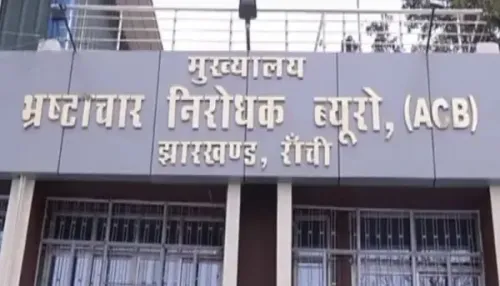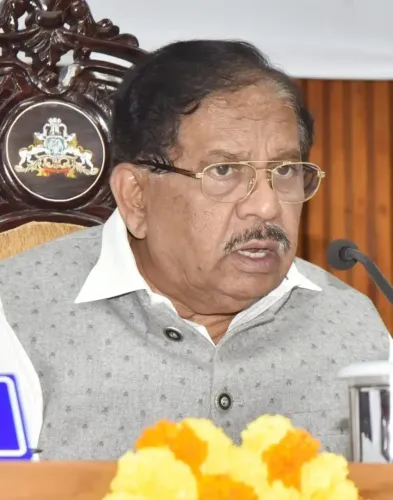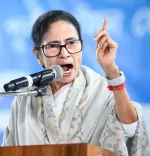Why is NCW condemning online abuse towards Foreign Secretary Misri and his daughter?

Synopsis
Key Takeaways
- Online abuse towards public figures and their families is unacceptable.
- The NCW advocates for privacy and respect for civil servants.
- Political leaders are rallying against personal attacks on officials.
- Online harassment poses significant risks to safety.
- Authorities must act decisively against such behavior.
New Delhi, May 12 (NationPress) The National Commission for Women (NCW) has decisively condemned the online harassment and doxxing aimed at Foreign Secretary Vikram Misri and his family, especially his daughter, following a ceasefire announcement between India and Pakistan.
In a statement shared on X, NCW Chairperson Vijaya Rahatkar decried the trolling campaign and the unauthorized dissemination of personal information.
“The National Commission for Women (#NCW) firmly denounces the abhorrent online abuse directed at the family of Shri Vikram Misri, Foreign Secretary of India, with particular emphasis on his daughter,” she stated.
The NCW expressed deep concern regarding the public distribution of Misri’s daughter’s contact information, labeling it a significant violation of privacy that poses a risk to her safety.
“Distributing the personal contact details of the Secretary of State's daughter is profoundly irresponsible. It constitutes a grave breach of privacy that could endanger her safety,” it emphasized.
“Such personal attacks on the families of our country’s senior officials like Mr. @VikramMisri are not only intolerable but utterly morally indefensible. We implore everyone to exhibit decency, civility, and restraint,” the NCW further stated.
Misri faced backlash from a segment of social media users after the ceasefire announcement between India and Pakistan on Saturday.
The trolling escalated with the spread of his personal contact number, coupled with targeted abuse directed at his daughter.
This online harassment has incited widespread condemnation from political leaders and civil service organizations.
Samajwadi Party chief Akhilesh Yadav and AIMIM President Asaduddin Owaisi both expressed their support for Misri, asserting that such personal attacks undermine the morale of public servants committed to national service.
The Indian Administrative Service (IAS) Association also voiced solidarity with Misri, advocating for respect and dignity for civil servants and their families.
The NCW has called on authorities to implement strict measures against those responsible for the harassment.










